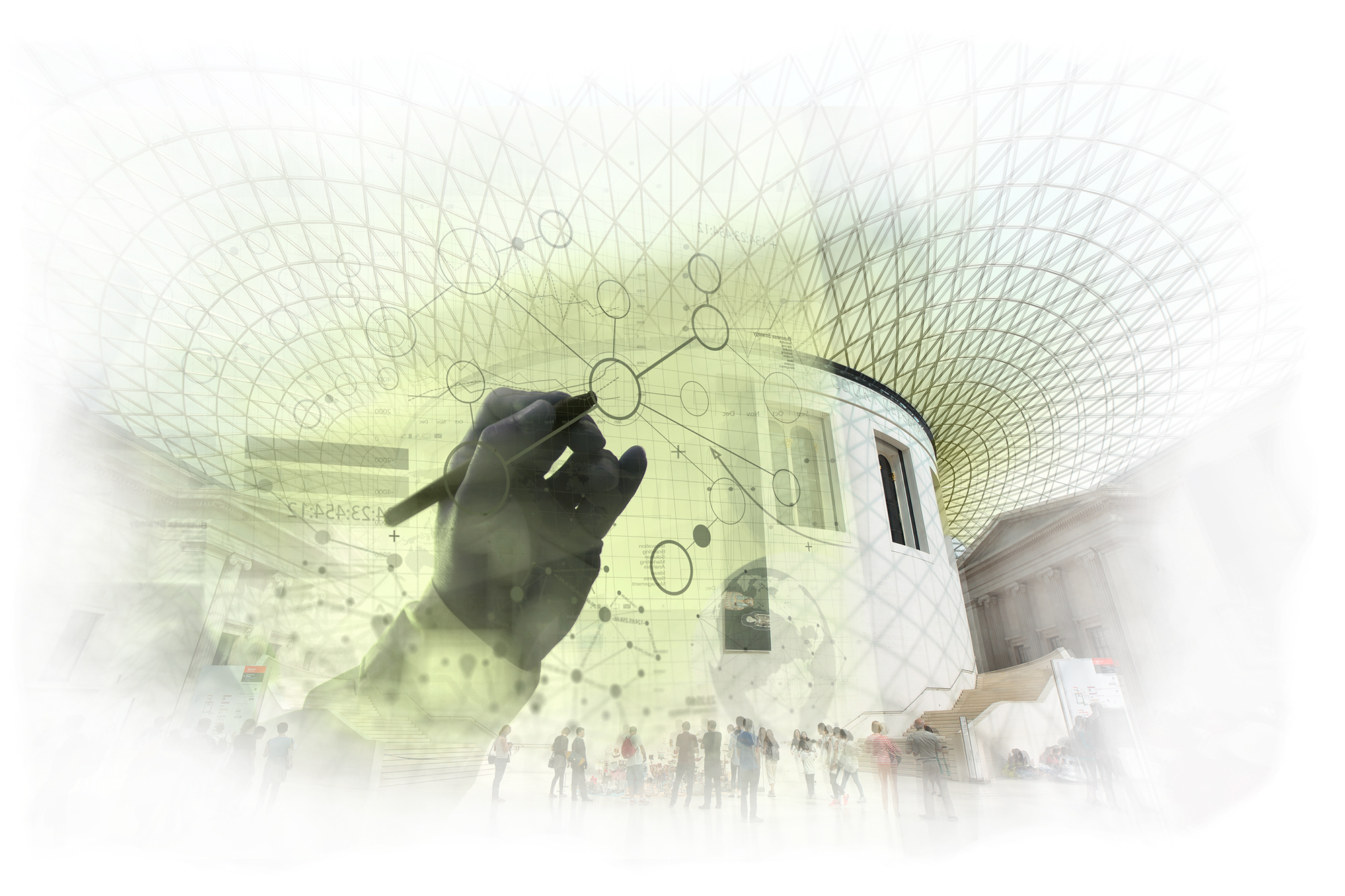 Evaluation and strategy
Evaluation and strategy
Today a museum can no longer work in a linear fashion, independent of the evolution of society. In the current context of environmental, health and economic crises, it isn’t enough for museums to confine themselves solely to a role of conservation, study or education. Going forward they must question their missions, understand the evolution of public wishes and redefine their role in society. Strategic positioning and planning tools are needed to define a museum’s vision, orientations and ambitions.
Services:
- Evaluating cultural and scientific institutions. Strengths/weaknesses analysis, charter
- Writing strategic documents (scientific and cultural projects, strategic plans, master plans, charter, action plans,…)
- Assisting project management


 Evaluation and strategy
Evaluation and strategy
Today a museum can no longer work in a linear fashion, independent of the evolution of society. In the current context of environmental, health and economic crises, it isn’t enough for museums to confine themselves solely to a role of conservation, study or education. Going forward they must question their missions, understand the evolution of public wishes and redefine their role in society. Strategic positioning and planning tools are needed to define a museum’s vision, orientations and ambitions.
Services:
- Evaluating cultural and scientific institutions. Strengths/weaknesses analysis, charter
- Writing strategic documents (scientific and cultural projects, strategic plans, master plans, charter, action plans,…)
- Assisting project management

 Exhibitions
Exhibitions
Permanent and temporary exhibitions are an essential tool for knowledge transmission and an invitation for wonder. Knowing the importance of this medium, museums sometimes need to redefine their permanent galleries and develop new kinds of exhibitions. This approach aims not only to offer the public inspiration and knowledge, but also to provide the visitors with a platform for interaction and debate on current social and environmental issues.
Services:
- Exhibition curation (temporary and permanent exhibitions)
- Programming
- Public outreach
- Audience surveys

 Exhibitions
Exhibitions
Permanent and temporary exhibitions are an essential tool for knowledge transmission and an invitation for wonder. Knowing the importance of this medium, museums sometimes need to redefine their permanent galleries and develop new kinds of exhibitions. This approach aims not only to offer the public inspiration and knowledge, but also to provide the visitors with a platform for interaction and debate on current social and environmental issues.
Services:
- Exhibition curation (temporary and permanent exhibitions)
- Programming
- Public outreach
- Audience surveys
 Collections
Collections
Museums are called to develop new ways of collection management practices to ensure their preservation and development with respect to current and future rules and legislations. Institutions have to integrate new computer tools for sharing and following the flow of collections.
Services:
- Advice on preventive conservation
- Advice on collection digitalisation projects
- Collection development projects
- Deontology and restitution


 Collections
Collections
Museums are called to develop new ways of collection management practices to ensure their preservation and development with respect to current and future rules and legislations. Institutions have to integrate new computer tools for sharing and following the flow of collections.
Services:
- Advice on preventive conservation
- Advice on collection digitalisation projects
- Collection development projects
- Deontology and restitution

 Human and financial resources management
Human and financial resources management
The running and development of a museum depends essentially on the commitment of its staff and their skills. To achieve the objectives set an institution must to develop adapted managerial tools along with functional and structural organisation. This is even more important in a context of institutional change and redefinition. These adaptations will thus enable the full development of team efficiency and stimulate the enthusiasm of each individual.
Services:
- Tools for museum management (e.g. change management)
- Sustainable and eco-responsible management
- Evaluating and redefining organisation charts
- Internal communication strategies
- Financial optimisation and fundraising

 Human and financial resources management
Human and financial resources management
The running and development of a museum depends essentially on the commitment of its staff and their skills. To achieve the objectives set an institution must to develop adapted managerial tools along with functional and structural organisation. This is even more important in a context of institutional change and redefinition. These adaptations will thus enable the full development of team efficiency and stimulate the enthusiasm of each individual.
Services:
- Tools for museum management (e.g. change management)
- Sustainable and eco-responsible management
- Evaluating and redefining organisation charts
- Internal communication strategies
- Financial optimisation and fundraising
